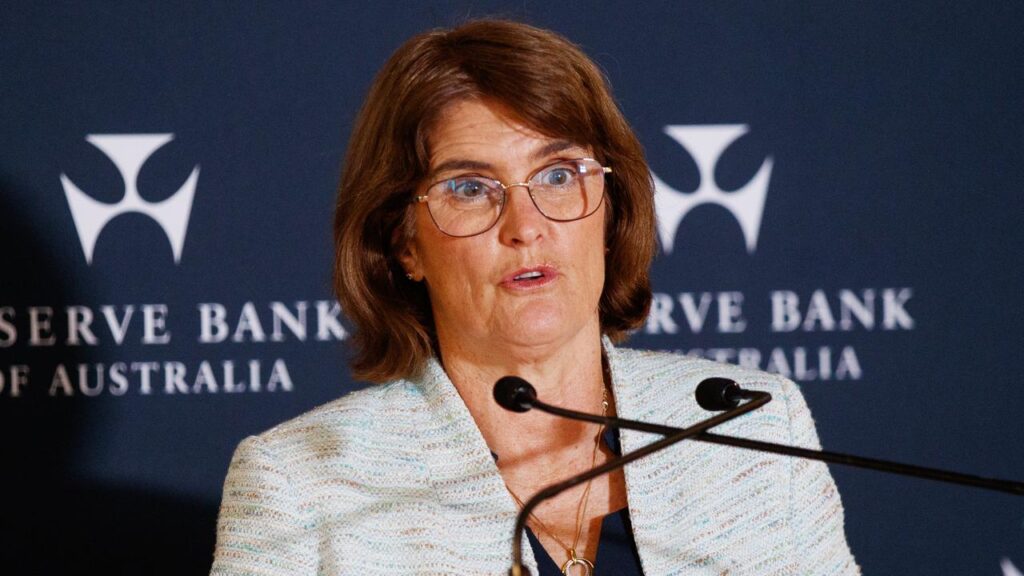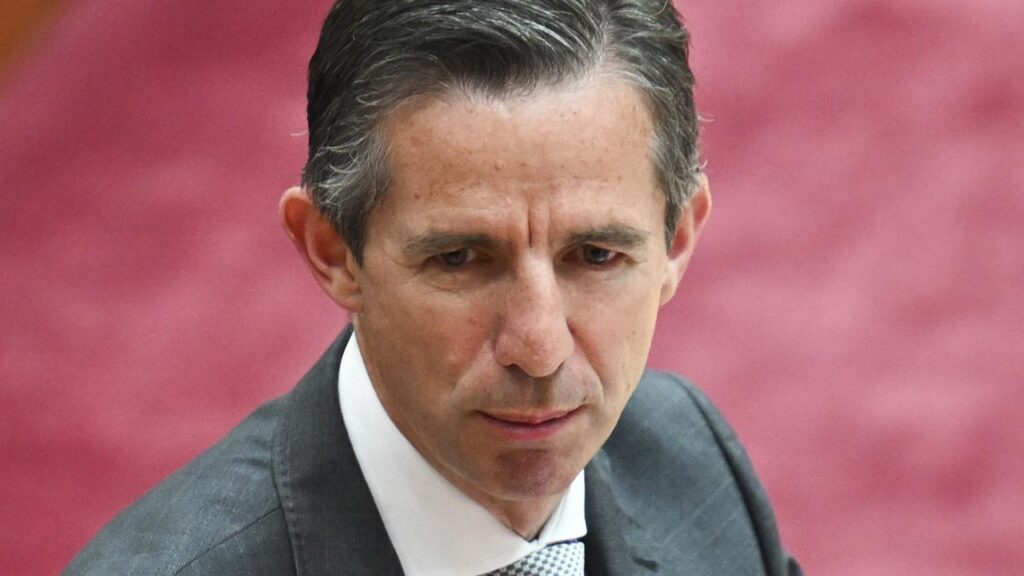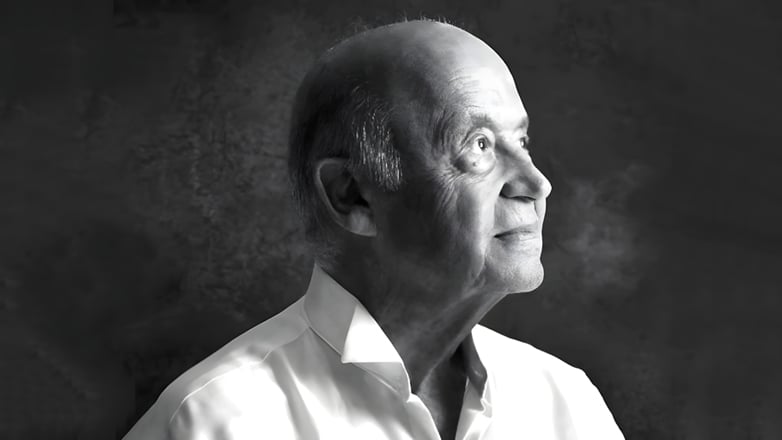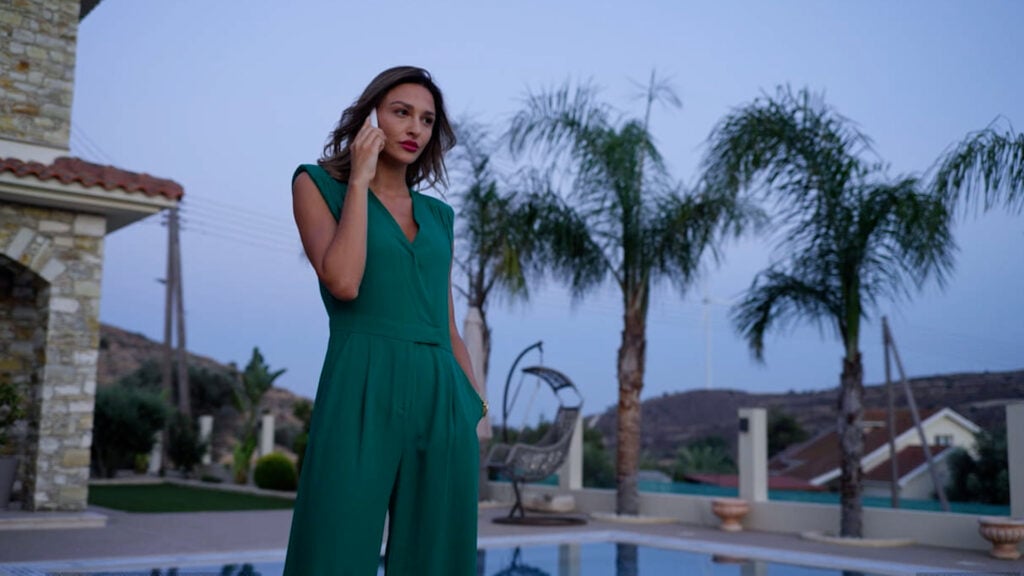The rise of ‘death tech’: Ripe for disruption, dying has become big business – and democratised
Written by admin on October 5, 2024
Several years ago, the sudden death of Sydney entrepreneur Adam Lubofsky’s friend, who had just turned 30, opened his eyes to a world that most are only exposed to much, much later.
End-of-life administration and all the mess that tends to come with it was suddenly front of mind as he watched shock and grief become overshadowed by costly red tape.
“She passed away unexpectedly without a will and what was already a really difficult time for her family was made so much worse by the legal fallout,” Mr Lubofsky told news.com.au.
‘Antiquated and outdated’
As far as industries go, death hasn’t seen much innovation over the past few centuries, with most of the necessary tasks that come with it involving expensive and antiquated systems.
Making a will is one of them, which is perhaps why more than half of Australian adults don’t have one.
“When someone passes away and they don’t have a will, there are two main legal ramifications,” Mr Lubofsky said.
“The first is that your estate gets divided according to a statutory formula, so the government essentially dictates what happens, rather than you being in control of those choices.
“The other is that the legal process that needs to occur is a lot more protracted, complicated and expensive.”
In 2019, Mr Lubofsky launched Safewill, a streamlined online platform that allows anyone, regardless of age, location or financial means, to quickly and simply estate plan for about $160.
“Safewill essentially allows you to write a comprehensive estate plan online in 15 to 20 minutes. It’s affordable, it’s easy, and every will gets reviewed by our internal law firm, Safewill Legal, to make sure people have used the platform correctly.”
Some five years on, and the “company of one” that developed the concept has grown into a team of 50, which is on track to double over the coming year.
“We’ve now got a quarter of a million users on the platform, which is really rewarding. The mission was to remove the barriers to estate planning and we’ve been able to make a difference in the lives of so many Australians. It’s really gratifying,” Mr Lubofsky said.
A pleasing trend evident in Safewill’s growth is the breadth of ages of users, spanning from its youngest user, who’s 18, to its oldest, who is 98.
And younger users are especially interested in some of the modern considerations you’d be unlikely to get via a lawyer who’s charging you $1000.
“We’ve created a modern digital experience that can be incredibly meaningful and go beyond just the legal, the black and white Ts and Cs if you like,” he said.
“There’s guardians for your pets, supporting charities that you love, and leaving behind written and video content for your beneficiaries, and more. We’ve made it more than just a will – it’s a modern end-of-life plan.”
Last week, Safewill was named in LinkedIn’s annual list of top 10 Australian start-ups, alongside booming tech outfits like Montu and Eucalyptus.
The inclusion in such a coveted roundup of a company focused on one of society’s last-remaining taboos – death – might’ve come as a surprise to some.
Not to Steve Maarbani, chief executive officer of investment platform VentureCrowd.
The boom in ‘death tech’
What’s happening in the end-of-life space is probably not that different to what happened in content streaming in the latter part of the 2000s, Mr Maarbani said.
“We’ve seen disruption and innovation in many different industries that we probably now look at and take for granted,” he said.
“Entertainment, media, financial services, and now end-of-life care and planning.”
The level of activity right now is high but he believes it’s just the tip of an iceberg for a space that’s long overdue for change.
“This is a massive market and it’s loaded with legacy processes that are cumbersome and expensive and complex. They also don’t necessarily speak to the human condition at a time when that’s probably the most important thing to factor in when providing services.”
He believes technology has a role to play in various parts of the process, from arranging a funeral to commemorating someone who has died.
At virtually every point of it is an experience that is “unnecessarily cumbersome and complex” – and most of the time, expensive.
One of the ventures on his platform is Australian start-up Picaluna, which is digitising the funeral and cremation process.
Another player making lots of noise in recent times is Bare, which is a one-stop digital shop for those planning a loved one’s farewell.
Mr Maarbani expects plenty of other Australian players to emerge in the future.
“In a business sense, there’s a lot of opportunity,” he said.
“But more than that, there’s potential to have a real impact on people’s lives. We’re talking about peace of mind and about closure. It’s about inclusion and accessibility by making things simpler and more affordable. There’s also the chance to offer bespoke solutions.”
The global end-of-life service industry is worth an estimated AU$186 billion, according to research firm Global Industry Analysts,
Plenty of savvy entrepreneurs are identifying gaps in the market as well as ways to evolve longstanding practices.
Wonderful and weird ideas
Death-tech ventures that have emerged over recent years are offering services that most people wouldn’t even know they need.
A Dutch company called Closure allows relatives to cease subscriptions and close accounts following the death of a loved one.
Since launching in 2017, the company has grown rapidly and each support person on its staff can handle 1000 different requests thanks to AI technology.
According to a media report from late 2023, Closure is now involved with one-in-three deaths in the Netherlands.
The burial and cremation space has seen a flood of innovation over recent years at a global level.
Want to live on after death as a tree? Spanish company Bios has you covered with its Bios Urn – a biodegradable vessel in which a person’s cremated ashes can be placed.
In addition, it has a specialised offering for pet remains as well as a small pot-like vessel so the Bios Urn can be kept closer, as an indoor plant, for example.
In a similar vein, US outfit Better Place Forests has nine estates across the country, from Connecticut to California, offering grieving families the chance to secure one of 100,000 “memorial tree”.
“A Memorial Tree is an established, growing tree that serves as a resting place for cremated remains,” the company explains.
“Ashes are mixed with soil and spread at the base of the tree, becoming forever part of the forest.”
And Recompose is an American start-up that will take delivery of a body and essentially compost it, later returning the soil to loved ones to use as they see fit.
Those wanting a different kind of memento can turn to companies like Eterneva, which turns ashes into diamonds.
Those stones can be placed into a variety of different settings, from rings to necklaces and pendants. Mark Cuban, the billionaire of Shark Tank fame, is an investor.
Just half a cup of cremated remains are needed – or a cup of hair.
A similar focus on burial and cremation innovation here in Australia could drive competition and help bring down rising costs endured by grieving families.
According to the Cost of Death report produced by Australian Seniors, the estimated cost of a traditional burial is about $11,000, which has risen from $9000 back in 2019.
On top of that are a range of other expenses, such as a coffin at about $2800 and a cemetery plot headstone at about $2100.
The cost of cremation has also shot up since 2019, when it averaged about $3600 compared to the 2023 figure of more than $8000.
Outside of one’s resting place, a string of start-ups are also considering people’s digital lives, creating safes where you can store account passwords, images and videos, important documents and more, to be passed onto a trusted person in the event of your death.
There’s even plenty of potential for innovation pre-death, catering to the needs of those who haven’t yet passed – such as terminal illness patients.
In the UK, a hospice facility partnered with a virtual reality production company to allow some of its residents to check off their remaining bucket list items with VR headsets.
And in some countries, demand is growing for “death doulas” who can help clients prepare for their final moments and be present when they die.
Read related topics:Sydney







